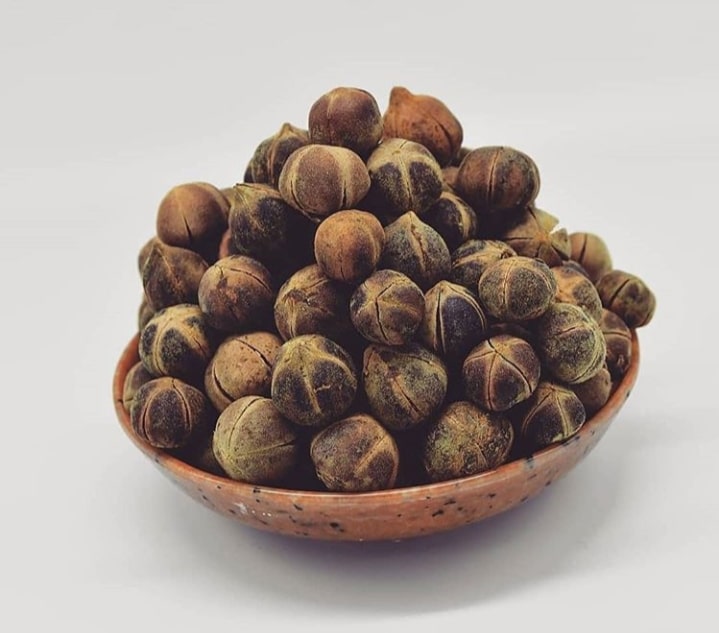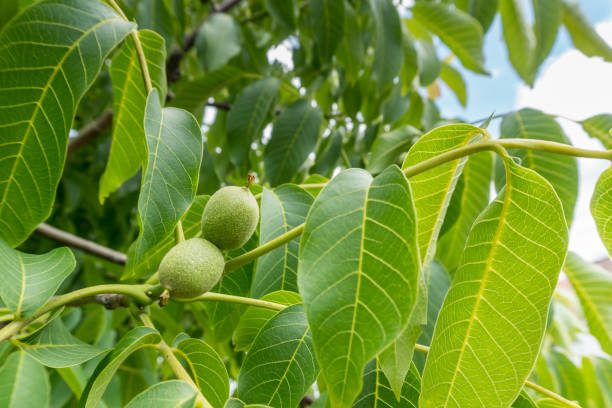The broad greenish leaves of the starchy edible tuber, Cocoyam or Taro (Colocasia esculenta), are commonly known as cocoyam leaves. Cocoyam leaves are large, heart-shaped, and have a rough texture with a glossy green color.
People who only know the cocoyam plant as a root crop are frequently surprised to learn that the leaves are also edible. Cocoyam leaves are a very nutritious part of cocoyam plants.
In today’s article, you will find out the health benefits of cocoyam leaves, but let’s explore the nutritional composition of cocoyam leaves.
Nutritional Composition of Cocoyam Leaves
A 2013 study aimed to analyze the chemical composition of red and white cocoyam (Colocosia esculenta) leaves using standard methods.
The study found that both samples had high ash content, indicating appreciable mineral content. However, they also had high amounts of anti-nutrients such as phytate and oxalates. A study conducted in 2014 also supported this claim.
The study also identified the presence of bioactive compounds like tannins, saponins, flavonoids, total phenols, and alkaloids in varying proportions in the samples.
The high ash content suggests that cocoyam leaves could be a good source of minerals like potassium, magnesium, and calcium.
Furthermore, another research reported that the nutritional analysis of revealed that the raw and blanched samples of cocoyam leaves in% contained 15 (mg/100g) and 8mg/100g of Vitamin C, while the β carotene values were 16mg/100 and 22mg/100 respectively.
Potential Health Benefits Of Cocoyam Leaves
According to the studies and research done on cocoyam leaves, here are some likely health benefits of cocoyam leaves.
1. Rich in potassium
Cocoyam leaves are rich in potassium. In fact, a 2013 study on the proximate and some minerals analysis of cocoyam leaves found that 100g of the leaves containes 94mg of potassium.
Cocoyam leaves’ high potassium content suggests that they could serve as a beneficial source of potassium for the elderly or those with nerve problems.
2. Supplies energy to the body
Cocoyam leaves are an excellent source of carbohydrates, which are the primary macronutrient responsible for supplying energy to the body. 100 grams of cocoyam leaves contain approximately 380 kcal of metabolizable energy, making them a great source of fuel for the body.
Carbohydrates are essential for maintaining good health, and they are an important source of energy for the brain and muscles.
3. May improve digestion
Cocoyam leaves have been found to contain significant amounts of crude fiber, which is a type of dietary fiber that is not easily digested by the body.
Studies have shown that including cocoyam leaves in the diet might help to improve digestion by promoting the growth of beneficial gut bacteria and aid in the elimination of waste from the body.
4. May boost your immune system
Cocoyam leaves are known to have anti-inflammatory properties, which can help the body fight infections. The vitamin C in cocoyam leaves has been shown to boost the immune system and improve overall health. They also have other vitamins and minerals that work together with each other to protect against infection.
5. Promotes healthy eyes
Cocoyam leaves are high in vitamin A as well as vitamin C. These vitamins are excellent for preserving visual acuity, enhancing good eyesight, and preventing eye diseases such as cataracts, myopia, and blindness.
6. Good source of calcium
Cocoyam leaves are a good source of calcium. Calcium is important for healthy bones and teeth and the formation of proteins and cell membranes. Calcium can be found in cocoyam leaves, cow’s milk, and other foods like fish (which are also good sources).
Calcium deficiency can lead to brittle bones that break easily, weak muscles or spasms in the body, pains at night when there is no restorative sleep available due to restless legs syndrome (RLS), heart disease, or high blood pressure — among other things!
7. Might show antioxidant activity
The presence of bioactive compounds like tannins, saponins, flavonoids, total phenols, and alkaloids in cocoyam leaves indicates that they may show antioxidant activities.
Many of these compounds, including flavonoids and phenols, have been shown to have antioxidant activity. This means they can help to protect the body against oxidative stress and damage caused by free radicals.
It may also have potential anticancer benefits; for example, saponins have been shown to have cytotoxic effects on cancer cells in some studies.
8. Anti-inflammatory properties
Tannins and flavonoids in cocoyam leaves may have anti-inflammatory properties, which can help to reduce inflammation in the body and potentially alleviate symptoms of conditions like arthritis and inflammatory bowel disease.
Side Effects of Cocoyam Leaves
Cocoyam leaves, like many other plants, contain anti-nutrients such as phytates and oxalates. These compounds can bind to minerals like calcium, iron, and zinc, making them less available for absorption by the body.
This can lead to mineral deficiencies and other health problems, especially in people who rely heavily on cocoyam leaves as a dietary staple.
One way to deal with this issue is by processing the leaves. For example, soaking the leaves in water or cooking them can help to reduce the levels of anti-nutrients, making the minerals more bioavailable.
Moreover, combining cocoyam leaves with other foods that are rich in minerals, such as fish or beans, can also help to mitigate the effects of anti-nutrients.
Conclusion
With their high nutritional content, cocoyam leaves are a valuable addition to any healthy diet. Cocoyam leaves have been shown to offer numerous health benefits. However, it is important to note that more research is needed to fully understand the extent of their health benefits and potential side effects.
YOU SHOULD ALSO READ:
- 8 Potential Health Benefits of Pawpaw Leaves
- 10 Potential Health Benefits of Lemon Leaves
- 7 Potential Health Benefits of Baobab Leaves
- 7 Potential Health Benefits Of Hibiscus Leaves
- 5 Potential Health Benefits of Cassava Leaves
- 8 Potential Health Benefits of Orange Leaves
- Morinda Lucida (Oruwo Leaves): Health Benefits and Effects
- 6 Health Benefits of Hog Plums (Iyeye Leaves)
- 7 Potential Health Benefits of Banana Leaves
- 8 Possible Health Benefits of Yam Leaves
- 9 Health Benefits of Moringa Leaves and Ginger
Collins Nwokolo is a human physiologist, writer and health enthusiast. He loves writing helpful articles on health and fitness, which he enjoys sharing with everyone.










